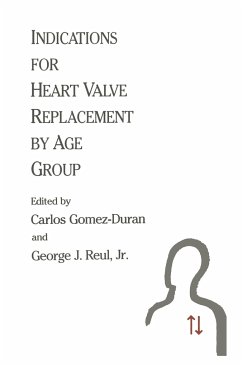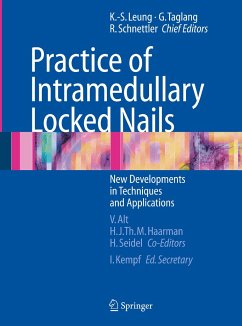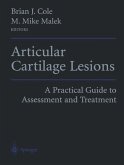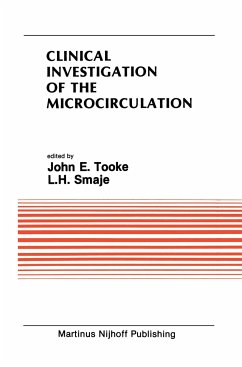The original series, Advances in Prostaglandin Research, edited by Sultan M. M. Karim, was published by MTP Press in three volumes in 1975 and 1976. A glance at those books illustrates the progress that has been made since then. The thromboxanes were mentioned twice (first publication 1975) and prostacyclin not once (first publication 1976); leukotrienes were only on the horizon. The amazing generation of research data in the last 10-15 years has given new, broad insights into many areas, including asthma, inflammation, renal, cardiovascular and gastrointestinal diseases and in reproduction, and has led in some instances to real clinical benefit. This series, Advances in Eicosanoid Research, reflects the current understanding of prostaglandins , thromboxanes and leukotrienes. The aim is to provide an introductory background to each topic and the most up-to-date information available. Although each book stands alone, the eicosanoids cut across many boundaries in their basic actions; selected chapters from each book in the series will provide illuminating and productive information for all readers which will advance their education and research. In the production of this series, I must acknowledge with pleasure my collaboration with editors and authors and the patient endeavours of Dr Michael Brewis and the staff at MTP Press. KEITH HlLUER University of Southampton England ix Preface This book is an appraisal of areas in human reproduction where eicosanoid studies (prostaglandins, leukotrienes and thromboxanes) are contributing to physiological and pathological awareness and clinical advances.
Hinweis: Dieser Artikel kann nur an eine deutsche Lieferadresse ausgeliefert werden.
Hinweis: Dieser Artikel kann nur an eine deutsche Lieferadresse ausgeliefert werden.
`...an excellent update on all aspects of eicosanoids in reproduction. The chapters are in-depth reviews and not the more usual symposium lectures.'
The Lancet
The Lancet
`...an excellent update on all aspects of eicosanoids in reproduction. The chapters are in-depth reviews and not the more usual symposium lectures.'
The Lancet
The Lancet








